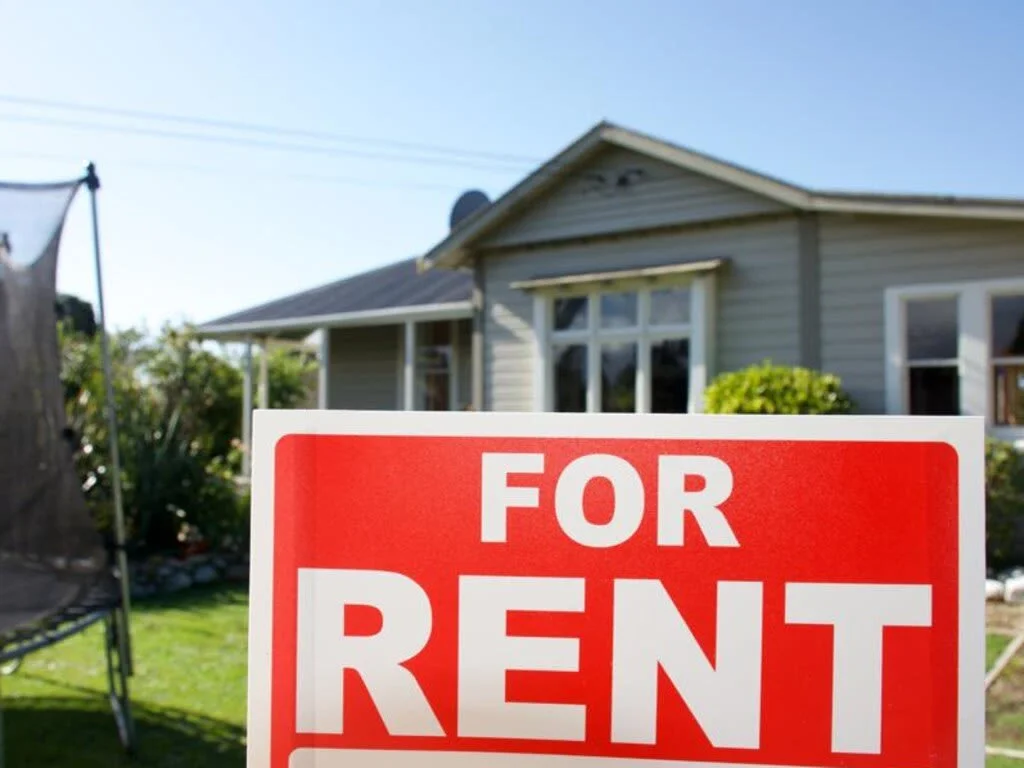NSW Landlord-Tenant Law Reform: What You Need to Know
At MCA Buyers Agency, we are committed to keeping you informed on the latest legal changes affecting property investment and management in NSW. These reforms are a vital part of understanding the evolving landscape of real estate in New South Wales. Stay tuned for more updates as we continue to navigate these changes together.
The NSW government, led by Premier Chris Minns, is moving forward with legislation aimed at banning "no-grounds" evictions, fulfilling a promise made during the 2023 state election. The new laws, expected to be introduced in September, will require landlords to provide a legitimate reason to end a tenancy, whether it’s a periodic or fixed-term lease.
The reforms build on existing rules, where landlords can evict tenants for lease breaches, property damage, or non-payment of rent. New provisions include evictions for properties being sold, undergoing major repairs, or no longer serving as rental properties. Additionally, if the eviction is due to renovations, the property cannot be re-listed for at least four weeks.
To protect tenants further, landlords must now supply evidence for termination notices. Penalties will be imposed on those who provide non-genuine reasons. These changes align NSW with other states like Victoria and South Australia.
No-Grounds Evictions Banned - Landlords must now provide a valid reason to end a tenancy.
Evidence Required - Proof must accompany termination notices.
Penalties for Non-Genuine Reasons - Fines will be imposed on landlords providing false reasons.
Renovation Evictions - Properties cannot be re-listed for at least 4 weeks after eviction for renovations.
Longer Notice Periods - Fixed-term leases now require 60-90 days' notice for termination.
This legislation is critical in today's rental market, where roughly one-third of NSW's population are renters. The reforms aim to provide stability for tenants while still allowing landlords to manage bad behavior. However, the notice period for fixed-term agreements will increase, giving renters more time to make necessary arrangements.
As the NSW housing market tightens, these laws represent a significant shift in balancing the rights and responsibilities of both tenants and landlords.
Have questions about how the latest landlord-tenant law reforms affect you? Reach out to our team at MCA Buyers Agency for expert guidance on property management and stay informed about your rights and responsibilities as a tenant or landlord.



